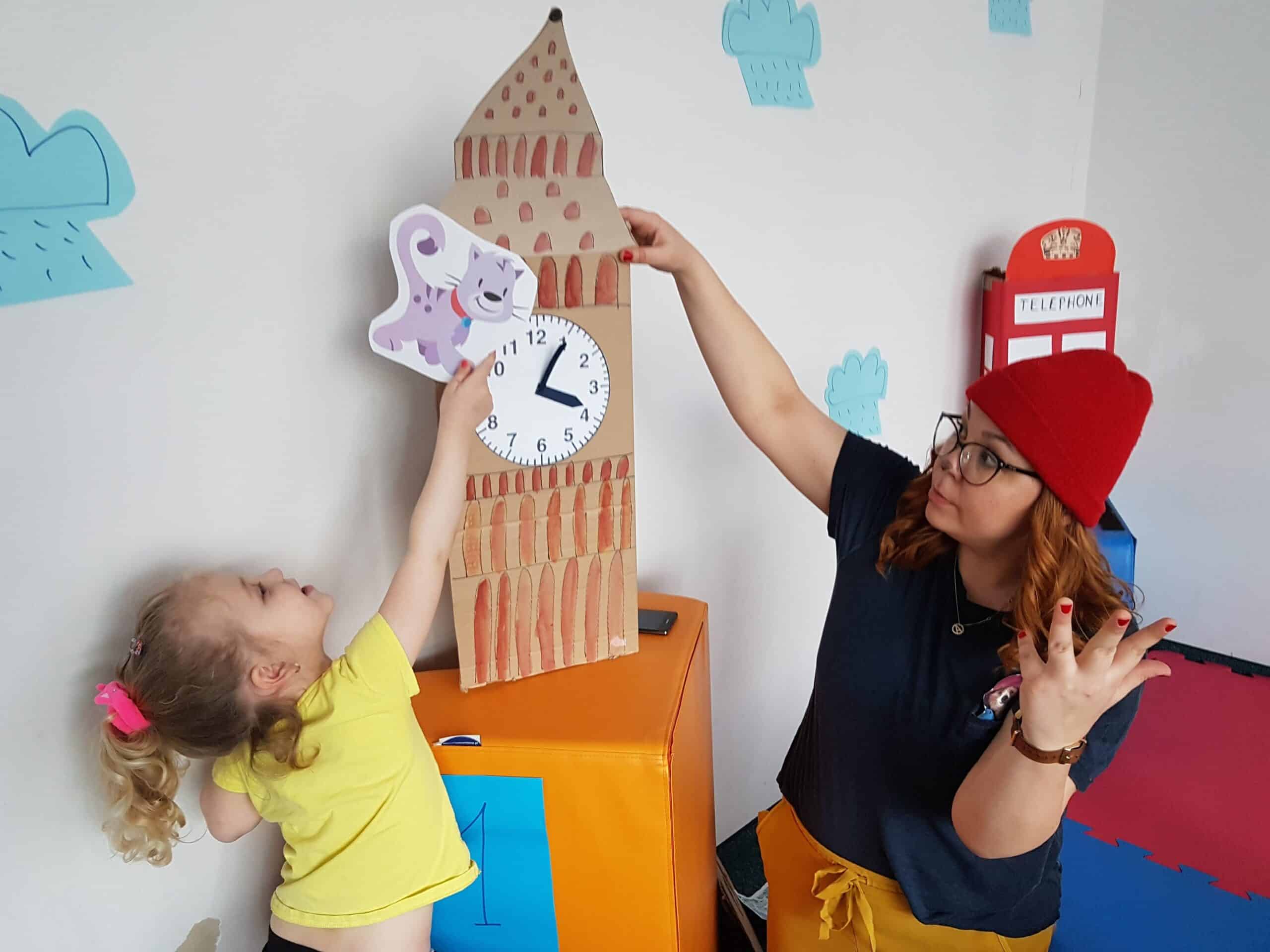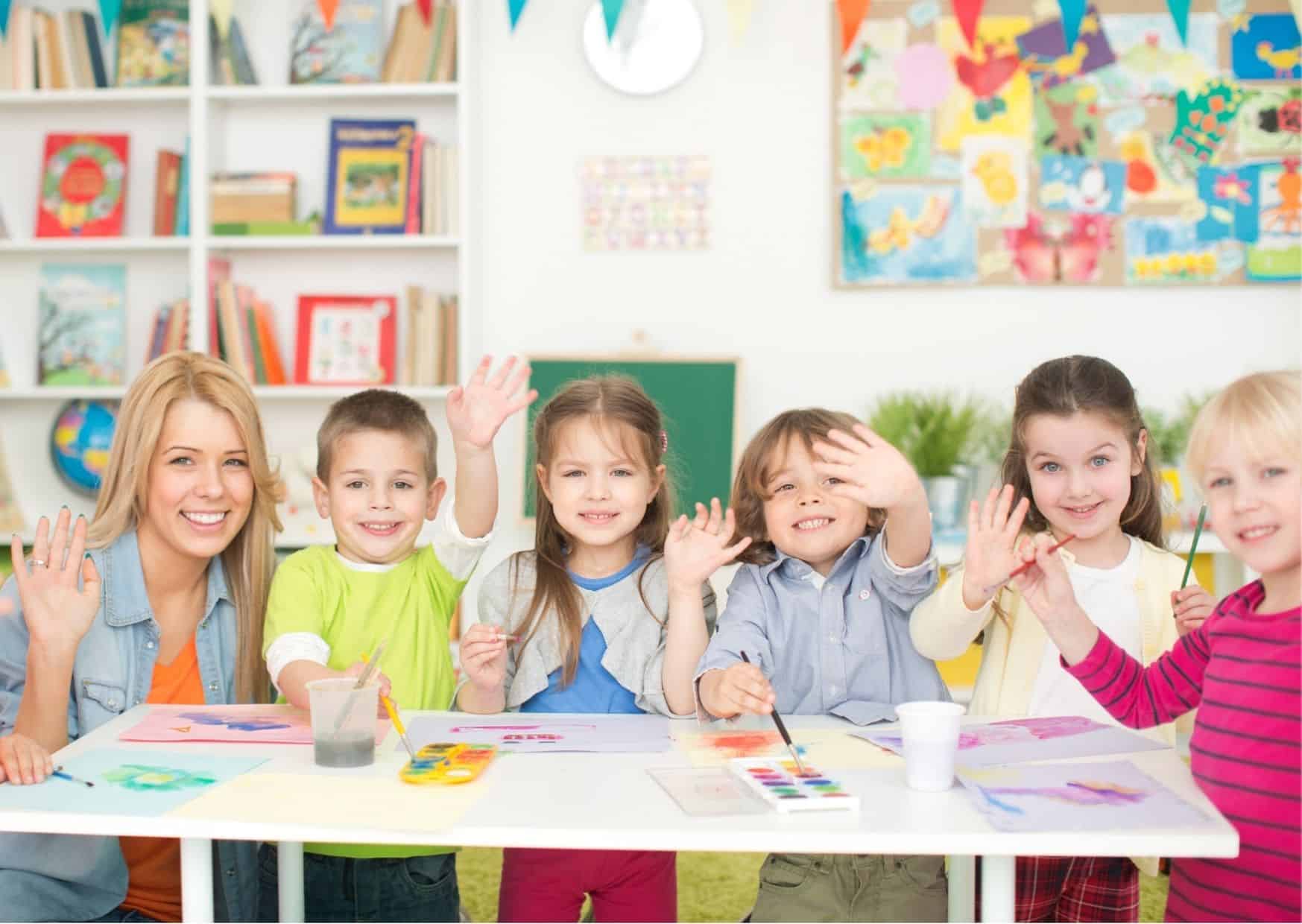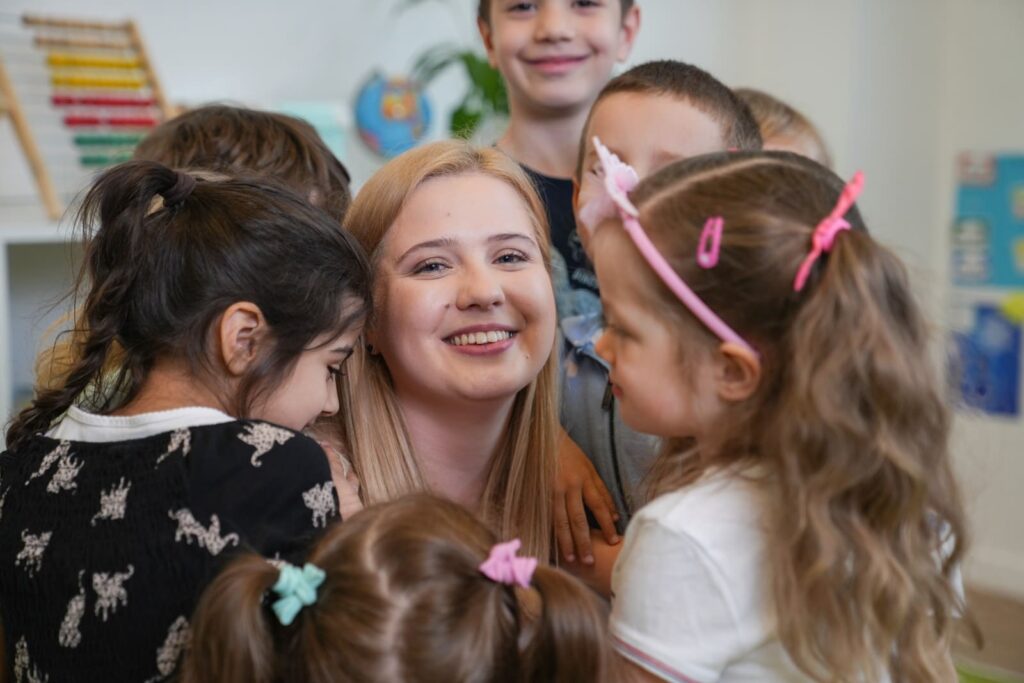Bilingualism - how does it affect a child's development?
Should children learn a foreign language from the cradle? Bilingualism has long been the subject of academic discussion and dispute. That is why we take it under a microscope. Various studies confirm that bilingualism has a number of positive effects. So, how does it affect a child's development, and what else should you know about it?
preschool education is your child's first step on the road to success in adult life. This topic is discussed in more detail in one of our previous entries. Meanwhile, we break down bilingualism into prime factors. We invite you to read.
Bilingualism - the sooner the better
To be precise, let's first define briefly the term bilinguis. Bilingualism, because that's what it means, is nothing but the ability to use two languagesbut in the same way as monolinguals.
Researchers at the University of Minnesota proved that it is time between 8 and 10 months of age is crucial for the development of the part of the brain responsible for speech and understanding. According to American researchers, only 12-hour sessions with native speakerfor the child to have the same perception of the foreign language as the mother tongue ...
Moreover, during the first years of life, the brain it is the most absorbent and plastic - it is during this period that neural connections are formed and strengthened. No wonder that many scientists indicate this time as the most appropriate time for language learning. Concerned parents immediately follow their advice.
Bilingualism - how does it affect a child's development?
The latest research results confirm that raising a child in a bilingual environment supports the process of its development, positively influencing, among others for flexible and abstract thinking. In addition, it develops short-term memory and has a significant impact on faster learning a new language. With sufficient emphasis on learning, your child's dictionary will become much richer over time and will allow you to use two language systems freely.
Equally important, research confirms that bilingualism does not adversely affect the knowledge of the mother tongue among children attending a bilingual kindergarten. Therefore, bearing in mind the positive development of children, in our kindergartens, we offer parents the possibility of enrolling their children in bilingual groups. By choosing our kindergarten, you can be sure that your child is developing in a proper and safe way.
What are your observations about bilingualism? Share your opinion in the comment!




